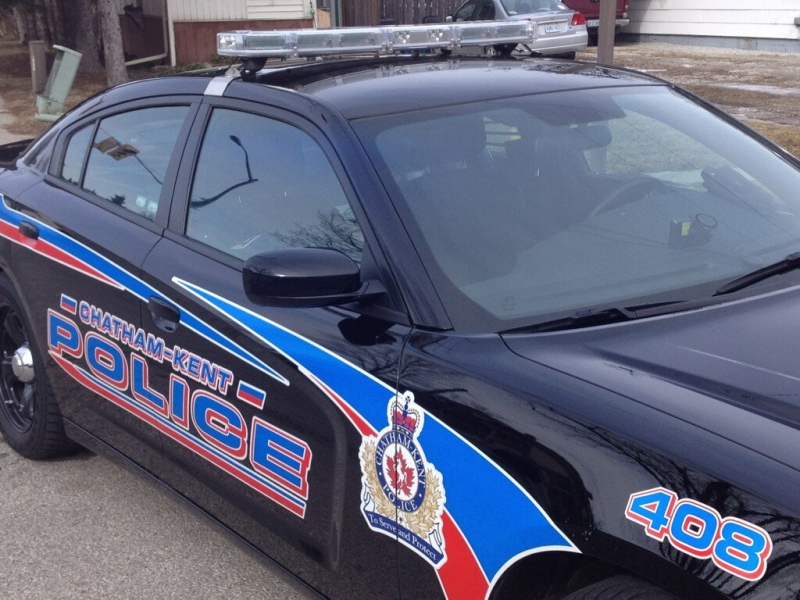OTTAWA -- A dispute involving name tags has sparked a slowdown at the Ambassador Bridge border crossing in Windsor, Ont., the busiest trade link between Canada and the United States, and at the Blue Water Bridge crossing at Sarnia, Ont.
The Canada Border Services Agency says the disruption is the result of work refusals by several officers at those ports of entry.
The union representing border guards says staff taking part in the job action are questioning the health and safety implications of wearing a name tag on their uniform.
"The officers will perform arrests and execute criminal warrants and so on. So having access to their name as opposed to their badge number is something we're very profoundly concerned with," said Ron Moran, national vice president of the Customs and Immigration union.
In a memo to members dated Dec. 5, union president Jean-Pierre Fortin said the union "vehemently opposes" the new name tag policy.
He said the wearing of name tags exposes members to "unnecessary risks" and cautions members to "obey now, grieve later" to avoid any unnecessary discipline.
The agency says, however, that name tags are in line with similar policies in place in the Canadian Forces, Correctional Service Canada and United States Customs and Border Protection, whose frontline uniformed officers all wear name tags.
Fortin writes that legal counsel is examining the name tag requirement as the union continues to consider its options.
He also advised any member whose name is visible to the public to consider removing it in public forums such as social media and apartment building lobbies.
The CBSA says in a statement that management will closely monitor border traffic and try to resolve any unwarranted delays, adding that any illegal actions and inappropriate behaviour "will be dealt with accordingly."
The CBSA says it encourage travellers to consult border wait times on the CBSA web site at www.cbsa.gc.ca.




































